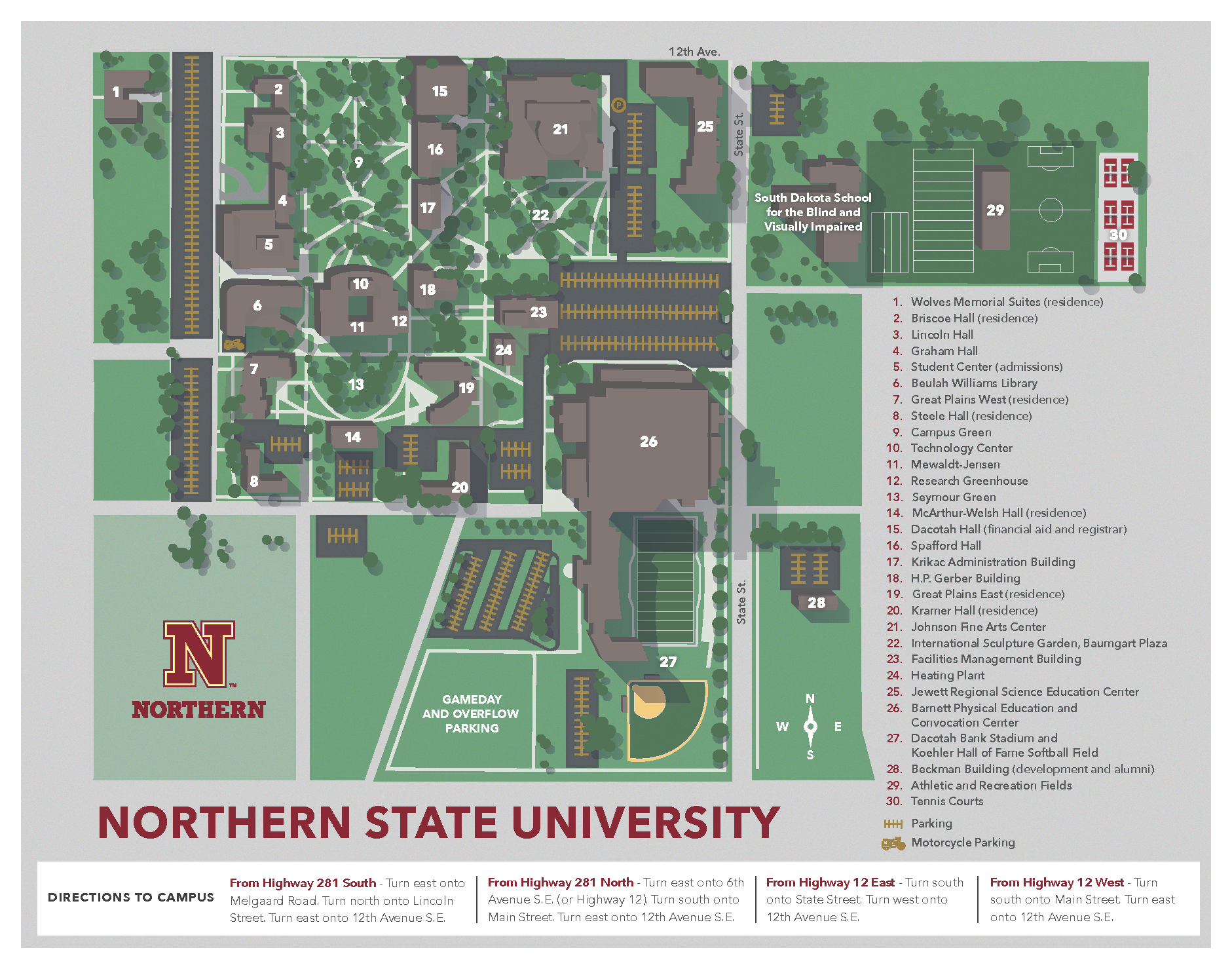For Thursday, February 8, please read Chapter V of the Rampolla "Pocket Guide to Writing History" (pp. 82-102). Rampolla offers some solid advice on writing a research paper. Please comment here on her advice: what do you see here that is particularly worth remembering as you start on your chapter of the updated history of NSU book? 
As I read chapter 5, I think one of the best things you can do is to write as you read. By taking notes, you can refresh yourself on information you may have glanced by, and it could be very useful towards writing your paper. There is a lot of information we will need for writing our chapters about NSU, and so writing it down and returning to it will only help us even more.
ReplyDeleteIdentifying what sources to use is also a good idea for writing our chapters, because a lot of information can be found in primary sources. Documents like newspapers can provide community input and reactions, which could help provide different perspectives about Northern and its history at the time. Another useful tip discussed was about print and online resources. We tend to use the internet a lot because of its accessibility, but many useful resources are only available in print, so acknowledging them is important too.
Keeping an updating bibliography is crucial in any research paper, but it is also important for our chapters on NSU history. Sources are the baseline to any research document, so making sure we keep them in order and do not forget them is incredibly important.
Outlining research papers, or in our case the chapters we write, is extremely helpful towards putting them together. After compiling the facts and information you want to use, an outline can not only organize it well, but ensure you have supported each idea or point sufficiently.
One thing that I found helpful in this chapter was the advice it gave on conducting your own interview. Historians have set standards and guidelines that must be followed when conducting an interview. This is very helpful information for me because I thought about perhaps conducting an interview or two for my chapter. Another helpful tip the book suggests is to keep a research journal, a great way of keeping all your notes in one place.
ReplyDeleteWhile reading chapter 5 I picked up on a lot of good advice from Rampolla. The main thing that stuck out to me is developing a solid research plan. Being able to gather and manage resources is a key part of writing a good research paper. Identifying your sources and then being able to decipher what to pull from those sources, all while being organized will be crucial when writing my chapter.
ReplyDeleteThere were a lot of tips and notes that I found helpful and interesting in this chapter. The one that stands out to me, and that I want to keep in mind while doing my research is, taking effective research notes. I like this on in particular because, whether I'm reading primary sources or talking to a primary source (interviews), or any sort of research, I need to make sure I have good notes to write a good chapter!
ReplyDeleteOne thing that Rampolla mentioned in this chapter that I think will help me in writing my chapter is focusing on the research question. This stuck with me because reading that section, there are a lot of very helpful tips for writing, like avoiding questions that elicit simple descriptions. With this in mind, I can hopefully avoid questions or statements in my writing that have nothing to do with the research question at hand.
ReplyDeleteThe number one thing I took away from this chapter was the writing as you read part of the chapter. This was helpful to me because there were a couple good points about it helps avoid clumping everything together, and in my opinion it helps organize thoughts in the brain a lot better. I also think good notes help limit errors in writing because they keep everything flowing smoothly, with new ideas coming from each section of the writing one took notes on.
ReplyDeleteAs daunting as it can be, research papers are always 100% better when you write an outline for it. I have found that writing a first draft outline (an outline with random thoughts on a piece of paper) helps me immensely because it gives me the opportunity to write everything related to my topic down, and then I can go back and start making sense of it all.
ReplyDeleteSomething that I saw that was particularly worth remembering is that you can always consult your professor. I am a very independent worker and hate asking for help, however, when I do over my ego and ask for help, I have found that my papers go from B worthy to A worthy really quickly!
It is SO important to write as you research. It cuts time down outlining, thinking about what you want to write, and helps the flow of your writing. Covering 20 years of legislative priorities (in my case) is no easy task, but when you cut that into priorities of each individual year, it becomes much more manageable. Rampolla does a great job of reminding writers to 'take small bites' and not 'bite off more than one can chew.'
ReplyDeleteWriting a Research paper as well as making it into a proper paper Rampolla gives us good solid information on how to start a paper in chapter 5. I think one of the biggest things that as historians and researchers we need to be able to develop a good solid research plan. That is by "identifying both primary and secondary sources" (Rampolla, 87). Being able to find primary and secondary sources is important because especially for mine because my topic on Covid will have lots of Primary sources so I have to be able to keep track of what is important and what isn't.
ReplyDelete